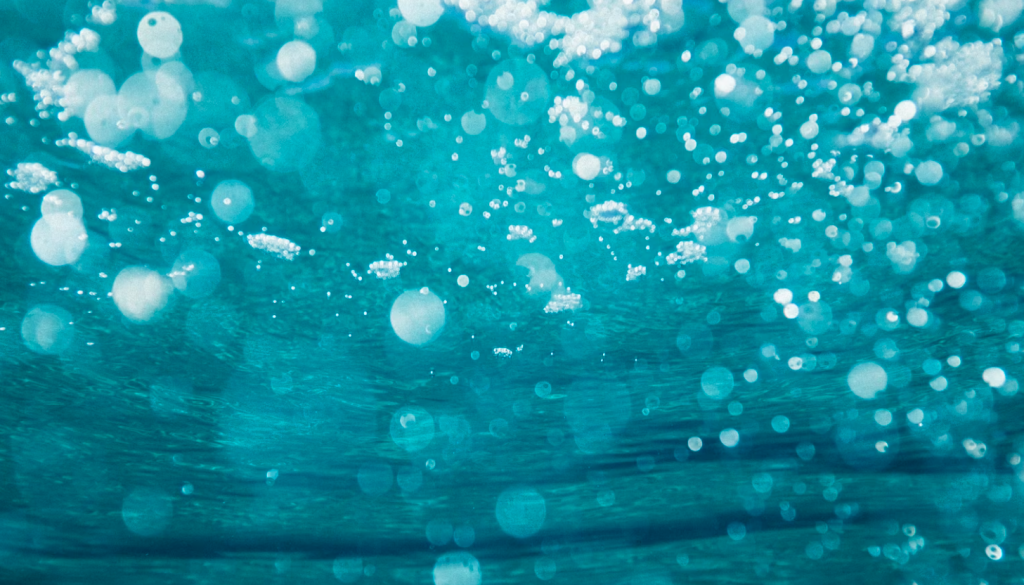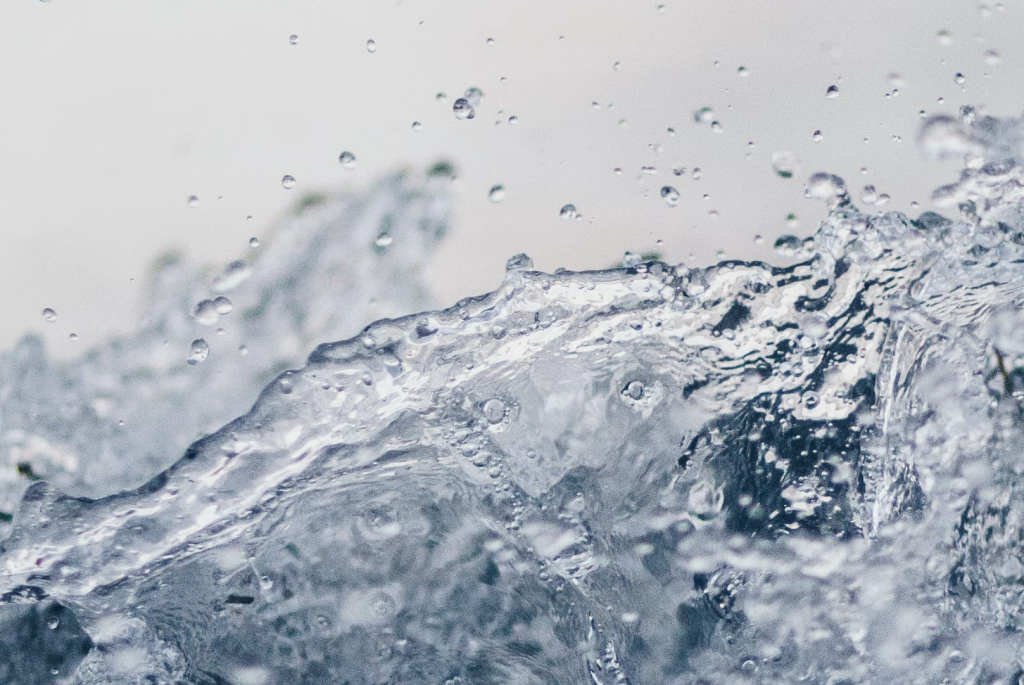- Hard Water Characteristics: Hard water, prevalent in southern Britain, contains high levels of calcium, typically exceeding 200mg of calcium carbonate per liter. This hardness is attributed to the presence of calcium-rich minerals like chalk and limestone in the region’s geology.
- Soft Water Characteristics: Soft water lacks significant calcium and magnesium content, often found in areas with non-porous, calcium-poor rocks like granite. While soft water is devoid of mineral buildup, it may have a higher sodium content due to the softening process.
- Health Considerations:
- Hard Water Benefits: Drinking hard water can contribute to fulfilling daily calcium and magnesium intake requirements. However, it may exacerbate dryness in skin and hair, particularly noticeable in individuals with eczema.
- Soft Water Benefits: Soft water is advantageous for cleaning purposes, leaving no soap scum or mineral stains. However, it lacks the essential minerals found in hard water, necessitating alternative sources for meeting daily mineral intake.
- Risks: While hard water poses minimal health risks, soft water’s higher sodium content may be of concern for individuals with high blood pressure, though the amount is generally minimal.
- Brighton and Eastbourne’s Water: Known for some of the hardest water in Britain, Brighton and Eastbourne residents benefit from essential minerals like calcium and magnesium in their tap water, aiding in meeting daily nutritional requirements.
There are quite a few things that the north and south of Britain squabble over – weather, accents and politics, for instance – but water is probably the most obscure.
How could we possibly argue over who has the best colourless, tasteless, odourless liquid running out of our taps? Well, it turns out this might not be an argument for argument’s sake.

What is hard water?
If you live in the south of Britain, the chances are you live in a hard water area.
In fact, over 60% of the UK is classed as having hard or very hard water. All that means is your water contains a lot of calcium. Some areas of the UK have over 200mg of calcium carbonate per litre of hard water.
That’s quite a lot, if you were wondering.
Why is hard water hard?
The geology of your area ultimately dictates whether your water will be hard or soft.
For example, in the south of Britain, there is a great deal of chalk and limestone, which both contain calcium.
Naturally, rain water is soft, but once it falls and begins to percolate through the chalk and limestone, it takes on some of their characteristics and becomes rich in calcium.
So what is soft water?
Soft water isn’t characterised by containing a particular sort of mineral like hard water, soft water is simply soft because it lacks calcium and magnesium.
This is because the north of Britain, geologically, features a lot of granite and other non-porous, calcium-poor rocks, which don’t allow the rain water to take on any new characteristics.
However, it’s worth noting that soft water tends to have a higher sodium content than hard water, due to the softening process itself.

Which type of water is better for my health?
Hard water
Benefits: calcium and magnesium are essential minerals that barely any of us get enough of, and because hard water contains high concentrations of these minerals, drinking it will help you get your recommended daily intake.
Risks: there are no real health risks associated with drinking hard water, but studies suggest that it can contribute to dry hair and skin.
The average person might not notice, but those with eczema will want to take precautions.
Soft water
Benefits: Soft water tends to be better for cleaning, since it doesn’t tend to leave behind any soap scum or mineral stains.
Risks: given that soft water doesn’t contain the same amounts of calcium and magnesium as hard water, you will have to get your daily intake of these minerals from other sources.
There’s also a risk for those with high blood pressure of drinking water with a higher sodium content, but the actual amount is minimal.
Brighton and Eastbourne’s water
Brighton and Eastbourne have some of the hardest water in Britain, so you can rest easy knowing that a glass of water from your tap will be helping you get some essential vitamins and minerals onboard.
And if a northerner tries to argue with you about whose water is the best to drink, you can link them this article!
Here at Around The Bend Plumbing, we pride ourselves on delivering professional and reliable plumbing services at competitive prices for all of our customers in, Lewes, Tunbridge Wells, Uckfield, Worthing
Bexhill, Brighton, Hove and Eastbourne. Around the Bend Plumbing also offer a comprehensive range of plumbing services including, kitchen plumbing, bathroom plumbing, toilet & sink unblocking, radiator plumbing, plumbing repairs, fixing burst pipes and leaks & central heating services. If you’re having problems with your plumbing, get in touch with a friendly member of our team today and we’ll make sure your issue is remedied as quickly as possible.
